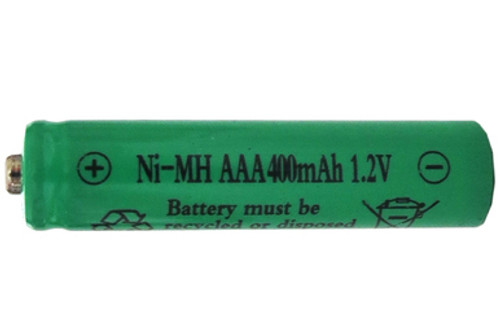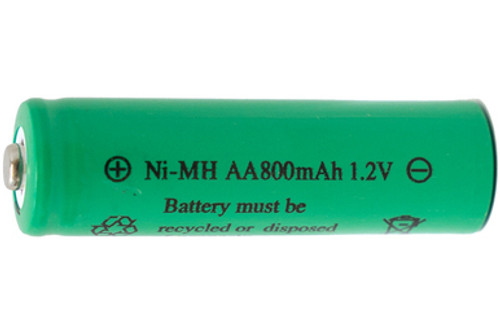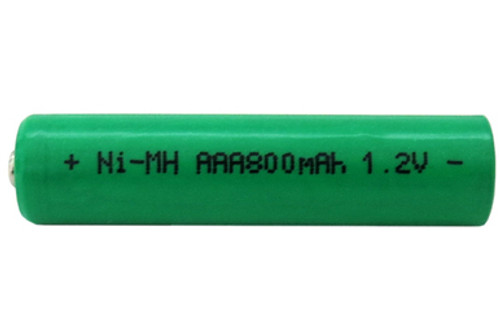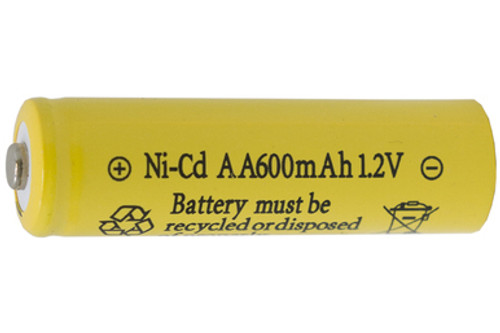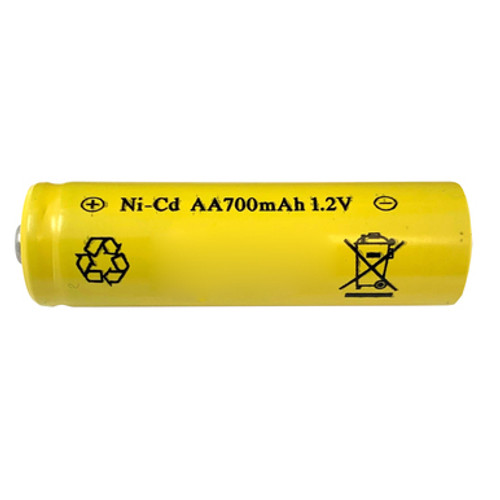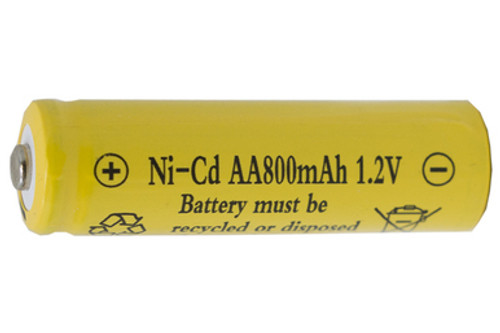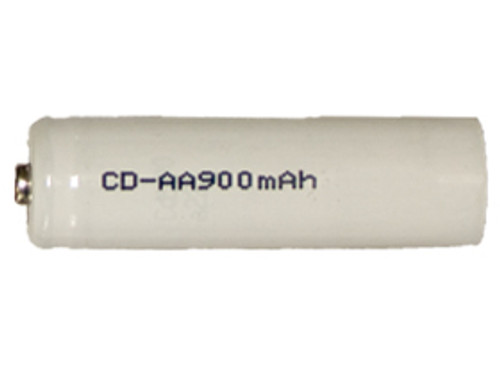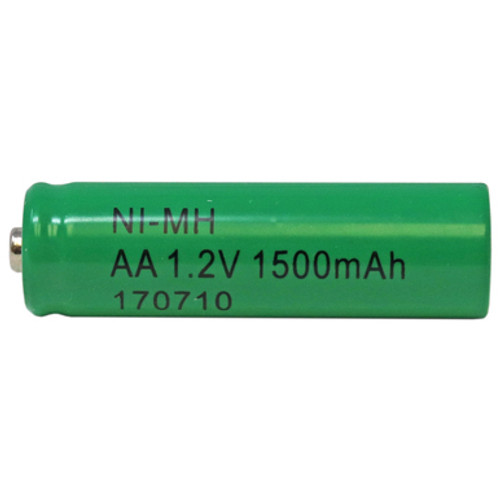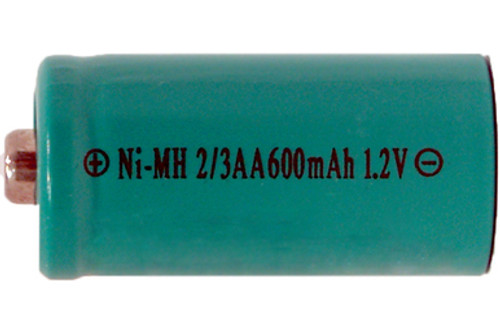Solar Batteries
SOLAR LIGHT BATTERIES
Harnessing the Power of Solar Light Batteries: A Comprehensive Guide
Solar lights have become a popular choice for homeowners and businesses alike due to their energy efficiency and environmental benefits. These lights use the power of the sun to illuminate outdoor spaces, offering a cost-effective and sustainable lighting solution. At the heart of every solar light system are batteries that store solar energy during the day and release it as light at night. In this comprehensive guide, we'll delve into the world of solar light batteries, exploring the various options available, including NiMH (Nickel-Metal Hydride) and NiCd (Nickel-Cadmium) batteries in different sizes, as well as packs like the Gamasonic for your solar lighting needs.
The Role of Batteries in Solar Lights
Before we dive into the specifics of battery types and sizes, let's understand the crucial role batteries play in solar lights. Solar lights work by harnessing energy from the sun through solar panels during the day. This energy is converted into electricity and stored in rechargeable batteries. When the sun sets, these batteries power the LED lights, providing illumination throughout the night.
Choosing the right type and size of battery for your solar lights is essential to ensure optimal performance and longevity.
Nickel-Metal Hydride (NiMH) Batteries for Solar Lights
NiMH batteries have become the preferred choice for many solar light applications due to their excellent energy storage capacity, long cycle life, and environmentally friendly characteristics. They offer a viable alternative to traditional NiCd batteries, which are known for their toxic cadmium content.
NiMH AA Batteries: Standard AA-sized NiMH batteries are commonly used in solar lights. With capacities ranging from 600mAh to 2800mAh or more, they can provide sufficient power for most solar light applications.
NiMH AAA Batteries: Smaller AAA-sized NiMH batteries are suitable for compact solar lights or those with lower power requirements. They typically offer capacities between 300mAh and 1000mAh.
1/3 AAA and 2/3 AAA NiMH Batteries: These niche-sized batteries are designed for specialized solar light models that require smaller form factors. Their capacities are typically in the range of 100mAh to 300mAh.
Nickel-Cadmium (NiCd) Batteries for Solar Lights
While NiCd batteries are less common in modern solar lights due to environmental concerns related to cadmium, they are still used in some older models.
NiCd AA Batteries: Similar to NiMH batteries, AA-sized NiCd batteries are used in solar lights. They offer capacities ranging from 300mAh to 1000mAh.
NiCd AAA and 2/3 AA Batteries: These smaller-sized NiCd batteries can be found in solar lights that require a more compact power source. Capacities typically range from 100mAh to 500mAh.
Battery Packs for Solar Lights: Gamasonic and More
In addition to individual batteries, some solar lights utilize custom battery packs to meet specific power and size requirements. One notable example is the Gamasonic battery pack, which is designed for Gamasonic solar lights.
Gamasonic Battery Packs: Gamasonic specializes in solar lighting solutions, and their custom battery packs are tailored to their product line. These packs often combine multiple rechargeable batteries, providing higher capacity and longer runtimes for their solar lights.
Choosing the Right Battery for Your Solar Lights
Selecting the appropriate battery for your solar lights is crucial to ensure optimal performance and longevity. Here are some key considerations:
1. Capacity: The capacity of the battery determines how long your solar lights will operate. Higher-capacity batteries can provide longer runtimes, but they may also be larger in size.
2. Size: Ensure that the battery size matches the compartment in your solar light. Common sizes include AA, AAA, 1/3 AAA, and 2/3 AA, as well as custom packs like Gamasonic.
3. Chemistry: NiMH batteries are environmentally friendly and offer excellent performance. NiCd batteries, while less common due to cadmium content, may still be found in some solar lights.
4. Brand and Quality: Choose reputable battery brands known for producing reliable and durable batteries. High-quality batteries tend to have longer lifespans.
5. Maintenance: Check if the solar light system allows for easy battery replacement. Some models may require soldering or specialized tools.
Solar lights have revolutionized outdoor lighting with their eco-friendly and cost-effective design. Choosing the right batteries for your solar lights, whether they are NiMH, NiCd, or custom packs like Gamasonic, is essential to ensure that your solar lights provide reliable and efficient illumination. By understanding the various battery options and their specific applications, you can make an informed choice and enjoy the benefits of sustainable and efficient outdoor lighting for years to come.



